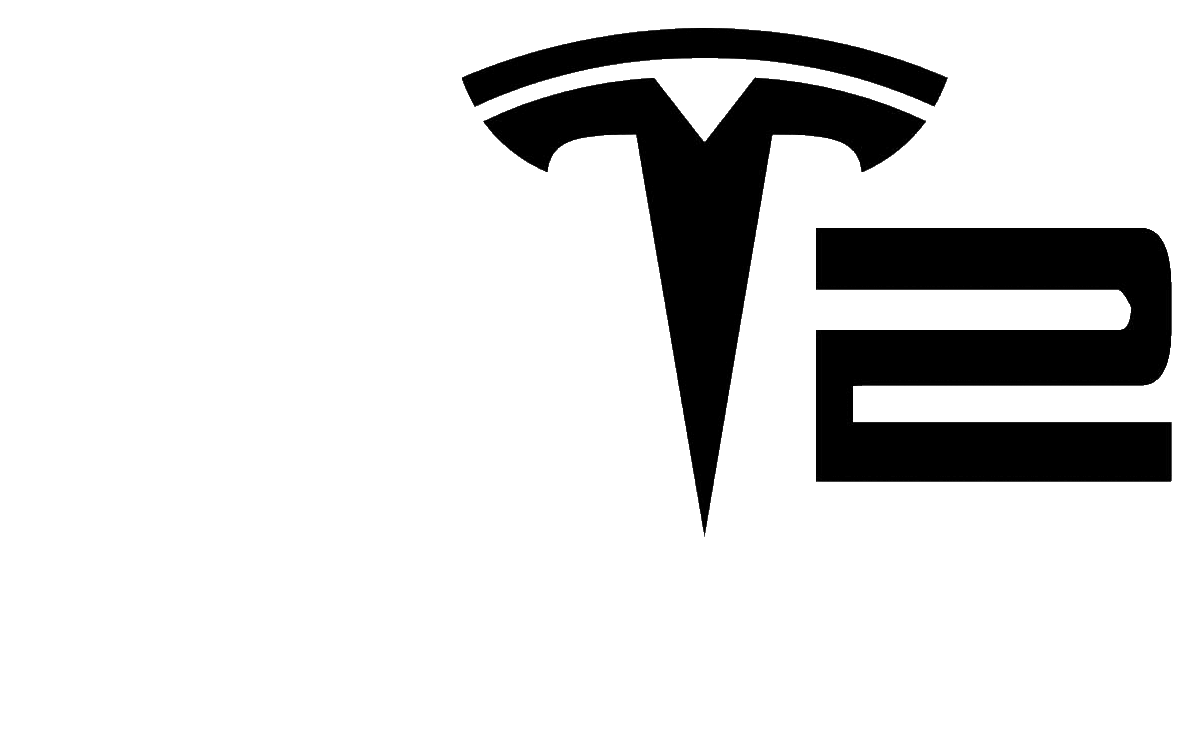John K
Well-known member
- First Name
- John
- Joined
- Jan 2, 2020
- Threads
- 36
- Messages
- 2,195
- Reaction score
- 918
- Location
- Los Angeles
- Vehicles
- Volt, CT reserve day 2
Humbly, not angrily disagree.Are we really surprised by what is coming out of the Pinocchio administration? They have so many strings tied to their necks and "other" body parts and are controlled by unions and other special interest groups its sad for the nation. Hey, when the leading EV manufacture in the WORLD is snubbed at the "EV Summit" you know that they are out of touch with reality.
